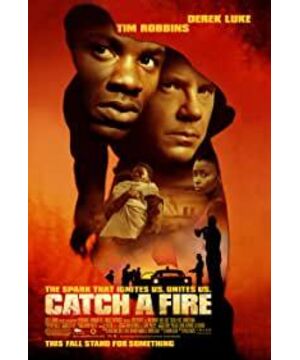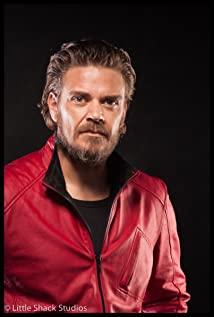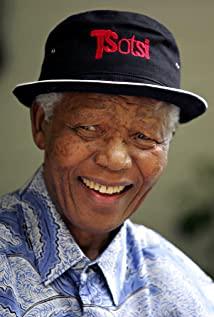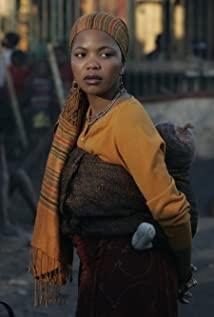The film is about the dramatic half-life of Patrick Zamoso, a controversial historical figure in South Africa's violent rebellion against apartheid. Through his own efforts, young Patrick became the foreman in the refinery where he was working, owned his own car, and had a happy family. A harmonious family and stable income made him give little thought to what was called a racial movement. Once, as a children's football coach in his spare time, he faked sick leave to take the children to games and to visit his lover. The refinery exploded that night - a "terrorist attack". Unable to provide a solid alibi, Patrick was arrested, one of his colleagues was tortured to death, and even his wife was brutally treated. Although he finally came out safely, the hatred in Patrick's heart was unstoppable. He left home and joined a "terrorist organization" to fight against white rule. He accepted the task to actually blow up the oil refinery. Si caught and sent to Luban Island Prison.
Racial issues, political intrigue, these big things are reflected in the movie, but I'm not going to go with that into my own grievances and anger -- I'm past that stage. My focus is on the liberation of the protagonist, Patrick, on his return from Luban, quoting Nelson Mandela: "We cannot be free until we learn to forgive." Hate, often with A lingering and insurmountable inertia, it creeps into people's hearts quietly, and when it starts to take effect, whether you realize it or not, it is difficult to break free from its orbit. I understand this situation, because I It was here for a long time. Yes, what I've heard, seen, and experienced has driven me unconsciously into hate. After entering this orbit, people's eyes will become very narrow, so narrow that they can only stare at their own wounds, and bear in mind the perpetrators, and cannot see everything else, especially what they have done. In the track of hatred, no matter how much you act under the slogan of "freedom", you are no longer free - because the inherent inertia of hatred and bitterness makes people unable to turn back. At this time, only forgiveness can make people get out of this track and get rid of inertia. I don't know how Patrick can forgive, but I can understand from my own experience: if the wound is gone, I can no longer look there, and can no longer remember the perpetrator, so why let the wound no more? - those wonderful hands.
Most of the first half of the movie makes people nervous, nervous about what the original honest man will do in hatred (isn't the movie itself called "terrorist attack", "rising"? After that? I think of "Gorgeous" "Vacation" on the streets.) However, what disappointed me was the disappointment of the people who sang the Internationale, when Patrick finally got off the ship, saw his peaceful expression on his face, and listened to his inner confession, A warm burst into my heart without warning, I was almost moved to tears, not only for the release of the protagonist's own body and soul, but also for the movie to a certain extent, which illuminated what was in my own heart. In him, I saw my hope in the past: At those times, how much I longed for the release of my soul, to break free from the orbit of hatred and bitterness.
The film ends with the real Patrick's conversation and life: he's adopted a few children and brings them to life, and his expression is full of optimism. That's when my tears came down - I thought, it's not just cinema, it's not just art, it's all real. The release of the heart is real, the forgiveness is real, the escape from the hatred is real, the freedom is real, Patrick is real.
I also have gratitude and praise, because like Patrick, the release and break free in my heart are all real!
View more about Catch a Fire reviews











